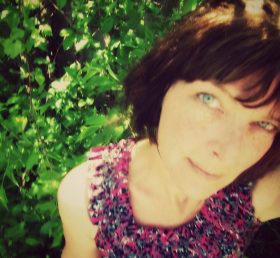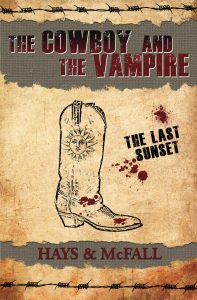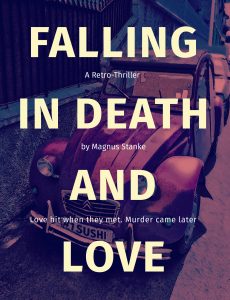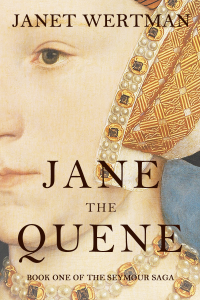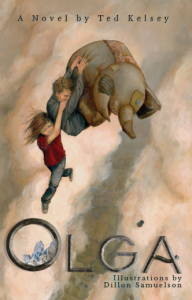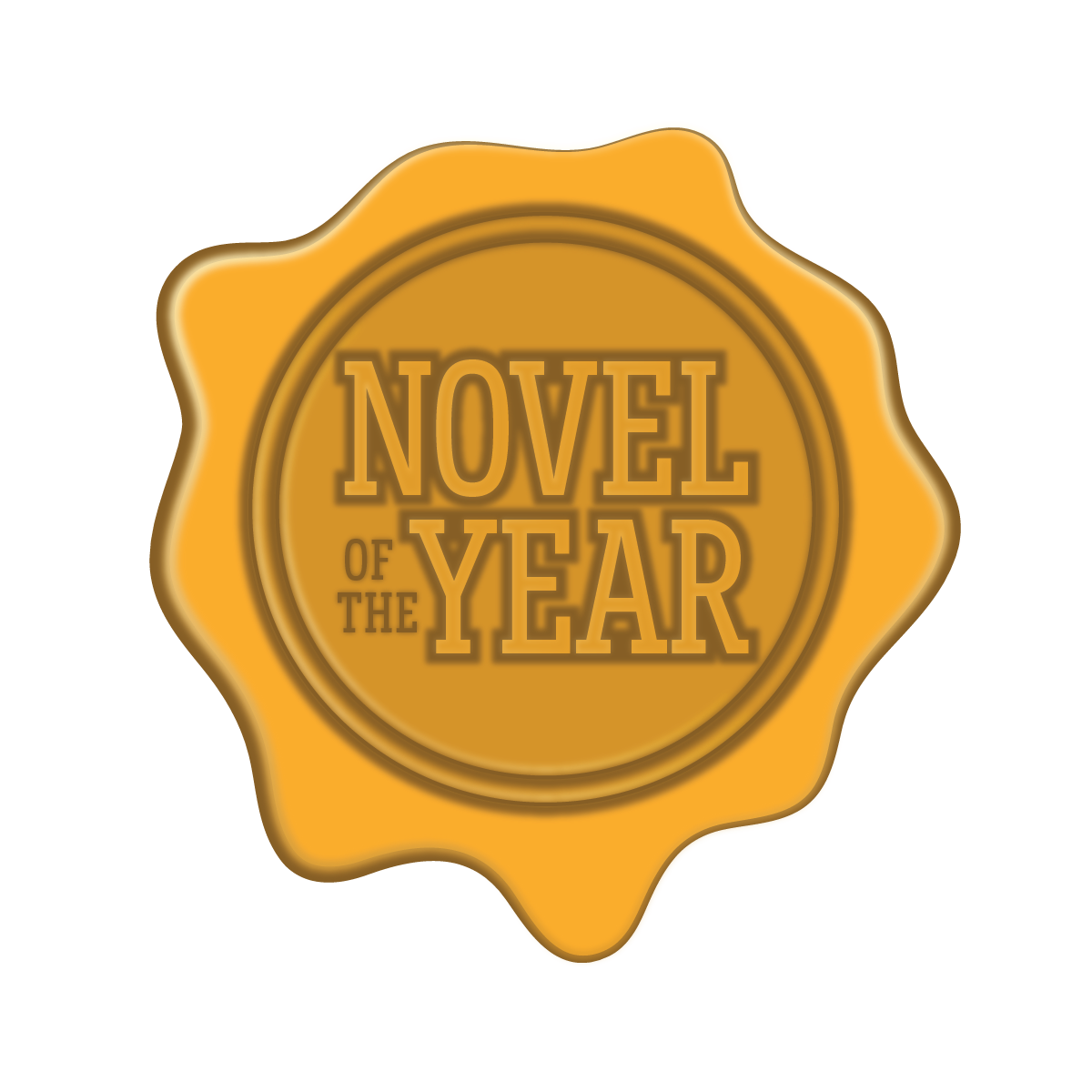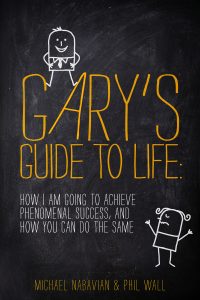The Rundown
The Recommendation
The Rating
The Links
The Reviewer
Renee Miller
Visit Renee Miller‘s website.
Halloween is literally around the corner, so this week’s Miller Time is going to focus on the spooky side of fiction. Let’s talk about horror. More specifically, our preoccupation with death and violence in literature. Heavy, I know. Don’t worry, I never get too serious. Recently, I was interviewed by Unnerving Magazine, who also published my latest horror novella, CHURCH. We discussed the violence and graphic content in some of my work, and my pro-violence in literature opinion, but I didn’t really get too far into that. I mean, a podcast is only so long, right? And I have this thing where when I’m speaking, I’m kind of terrible at forming a coherent thought. Much rambling. Anyway, let’s move on.
Is it healthy to want to read about things like death, pain and devastation? Is it normal to write about them?
Yes and yes.
We don’t intentionally go out and scare ourselves because we want to get killed or because we want to kill someone else (most of us anyway). The appeal of violent, bloody horror is in how it makes us feel, which, to put it simply, is alive. The tension good horror builds, the cringe-worthy scenes, the jump scares that appear out of nowhere, the blood, and the visceral images a good horror author can plant so firmly in our brains that we can’t close our eyes without seeing them; all of that sparks something inside us. It fires the old neurons up, for a brief time, gets our hearts pounding, and our skin tingling, and of course, we are entertained. It’s an exhilarating feeling. Some might say it’s addictive.
On the other hand, horror also allows us to delve into the dark side of humanity, but from a safe distance, and without judgement. We all wonder what makes deviant minds tick. Horror gives us the opportunity to figure it out. We won’t, but it’s fun to try. And in a fictional world, we can get as close as we dare without hurting anyone or being hurt.
Enjoying fictional violence isn’t the same as enjoying real violence. There’s a psychological distance between us and what’s happening on the page. Before any of you get into the “violence begets violence,” let me stop you. Horror fiction is FICTION. Most readers and writers understand what they’re reading/writing isn’t real. It’s a story. Just because someone enjoys being scared or grossed out doesn’t mean that person is going to go dismember a body. It means, they like to feel something they don’t get to feel every day. Yes, some people go out and do awful things, but what they read wouldn’t have made a difference. If someone crosses that line, it’s because they were going to cross it anyway. No book, film or game is going to be the final decision maker on such things. You might disagree. That’s your right.
Violence is a part of life. It’s here. It’s not going anywhere. Witnessing it firsthand is beyond horrifying, and we can all agree we’d rather avoid it. Well, most of us. I think to avoid something unpleasant in fiction, simply because it’s something we’d prefer didn’t exist, isn’t being authentic. Fiction should be real in many ways. We’re exploring the human condition, right? Why would violence not be a part of that? As writers, we have to put a magnifying glass to all aspects of life and what it means to be human. We’re not doing our jobs if we don’t look at the good, the bad and the ugly with equal intensity. Wrapping that ugly in entertainment makes it easier to digest. I say there’s nothing wrong with that.
If it’s not for you, so be it. You don’t have to read horror. But let’s not judge the thousands of people who love it; the thousands of normal, kindhearted souls who just want an escape from the mundane now and then.
I don’t know why other writers love to write horror, but for me, as a woman (Yes, I’m going here.), I go through every single day with a small amount of fear lingering in the back of my mind. Fear of walking alone at night. Fear of answering the door to a stranger. Fear of drinking too much and then leaving myself vulnerable to pervs and weirdos. Fear of getting in a cab alone. Fear of walking down that dark path, or that lighted path. Fear of being asked for directions by some rando in a van. Fear of forgetting to lock my doors. Fear that the locks won’t be enough. Fear of letting my daughters go, well, anywhere. Why? Because that’s how women are raised. I don’t like feeling helpless about anything. It’s wrong. It shouldn’t be that way. But it is what it is, so we deal with it. Right? Right.
However, as a horror writer, I control the violence and the fear. And I’ve gotta say, it’s empowering. That’s an important attraction for me as both a reader and a writer. I can take the fears that sometimes keep me up at night, put them on the page, and in doing so, I make them smaller, less significant. I hope that makes sense. If not, that’s okay. I’m used to not making sense.
What I'm saying is it’s okay to enjoy reading and writing violent horror. I’d even say it’s normal. Humans are flawed. Yes, we can be good and kind and wonderful, but we’re also dark and dangerous and unnecessarily cruel. Is violence glamorous? No. It’s real, though, and as Stephen King once said, “Fiction is the truth inside the lie.” He might’ve meant something entirely different when he said that, but for me, it means we’re spinning a tale, crafting a make-believe world where nothing that happens is real. Inside that fiction, though, within that lie we’re telling, we should offer the reader the opportunity to examine the truth, no matter how unpleasant it might be.

